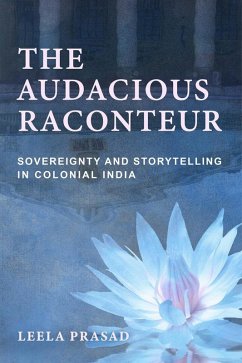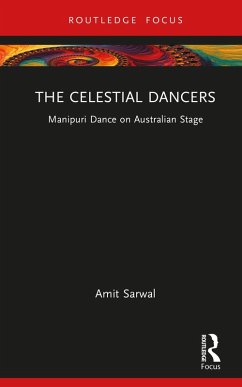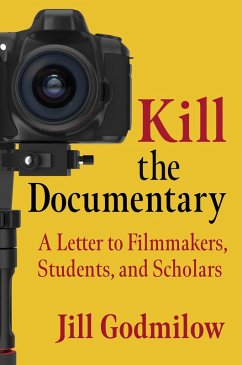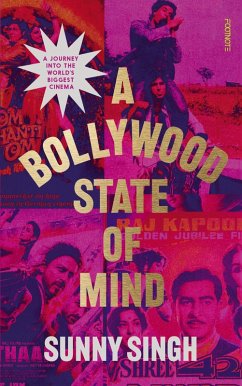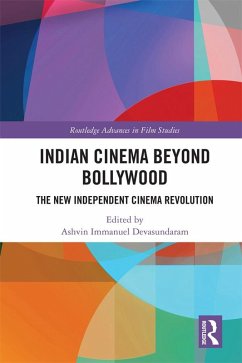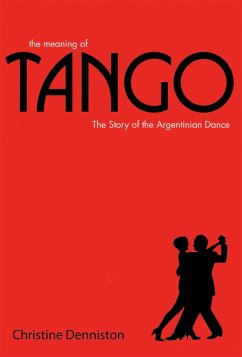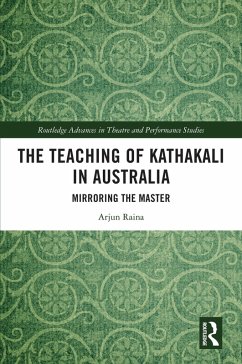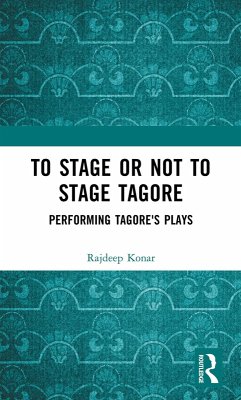
Radio for the Millions (eBook, ePUB)
Hindi-Urdu Broadcasting Across Borders

PAYBACK Punkte
6 °P sammeln!
Winner, 2024 Columbia University Press Distinguished Book AwardWinner, 2024 Aldo and Jeanne Scaglione Prize for South Asian Studies, Modern Language AssociationCo-winner, 2023 AIPS Book Prize, American Institute of Pakistan StudiesFinalist, 2023 Richard Wall Memorial Award, Theatre Library AssociationFrom news about World War II to the broadcasting of music from popular movies, radio played a crucial role in an increasingly divided South Asia for more than half a century. Radio for the Millions examines the history of Hindi-Urdu radio during the height of its popularity from the 1930s to the 1...
Winner, 2024 Columbia University Press Distinguished Book Award
Winner, 2024 Aldo and Jeanne Scaglione Prize for South Asian Studies, Modern Language Association
Co-winner, 2023 AIPS Book Prize, American Institute of Pakistan Studies
Finalist, 2023 Richard Wall Memorial Award, Theatre Library Association
From news about World War II to the broadcasting of music from popular movies, radio played a crucial role in an increasingly divided South Asia for more than half a century. Radio for the Millions examines the history of Hindi-Urdu radio during the height of its popularity from the 1930s to the 1980s, showing how it created transnational communities of listeners.
Isabel Huacuja Alonso argues that despite British, Indian, and Pakistani politicians' efforts to usurp the medium for state purposes, radio largely escaped their grasp. She demonstrates that the medium enabled listeners and broadcasters to resist the cultural, linguistic, and political agendas of the British colonial administration and the subsequent independent Indian and Pakistani governments. Rather than being merely a tool of nation building in South Asia, radio created affective links that defied state agendas, policies, and borders. It forged an enduring transnational soundscape, even after the 1947 Partition had made a united India a political impossibility.
Huacuja Alonso traces how people engaged with radio across news, music, and drama broadcasts, arguing for a more expansive definition of what it means to listen. She develops the concept of "radio resonance" to understand how radio relied on circuits of oral communication such as rumor and gossip and to account for the affective bonds this "talk" created. By analyzing Hindi film-song radio programs, she demonstrates how radio spurred new ways of listening to cinema. Drawing on a rich collection of sources, including newly recovered recordings, listeners' letters to radio stations, original interviews with broadcasters, and archival documents from across three continents, Radio for the Millions rethinks assumptions about how the medium connects with audiences.
Winner, 2024 Aldo and Jeanne Scaglione Prize for South Asian Studies, Modern Language Association
Co-winner, 2023 AIPS Book Prize, American Institute of Pakistan Studies
Finalist, 2023 Richard Wall Memorial Award, Theatre Library Association
From news about World War II to the broadcasting of music from popular movies, radio played a crucial role in an increasingly divided South Asia for more than half a century. Radio for the Millions examines the history of Hindi-Urdu radio during the height of its popularity from the 1930s to the 1980s, showing how it created transnational communities of listeners.
Isabel Huacuja Alonso argues that despite British, Indian, and Pakistani politicians' efforts to usurp the medium for state purposes, radio largely escaped their grasp. She demonstrates that the medium enabled listeners and broadcasters to resist the cultural, linguistic, and political agendas of the British colonial administration and the subsequent independent Indian and Pakistani governments. Rather than being merely a tool of nation building in South Asia, radio created affective links that defied state agendas, policies, and borders. It forged an enduring transnational soundscape, even after the 1947 Partition had made a united India a political impossibility.
Huacuja Alonso traces how people engaged with radio across news, music, and drama broadcasts, arguing for a more expansive definition of what it means to listen. She develops the concept of "radio resonance" to understand how radio relied on circuits of oral communication such as rumor and gossip and to account for the affective bonds this "talk" created. By analyzing Hindi film-song radio programs, she demonstrates how radio spurred new ways of listening to cinema. Drawing on a rich collection of sources, including newly recovered recordings, listeners' letters to radio stations, original interviews with broadcasters, and archival documents from across three continents, Radio for the Millions rethinks assumptions about how the medium connects with audiences.
Dieser Download kann aus rechtlichen Gründen nur mit Rechnungsadresse in A, D ausgeliefert werden.



